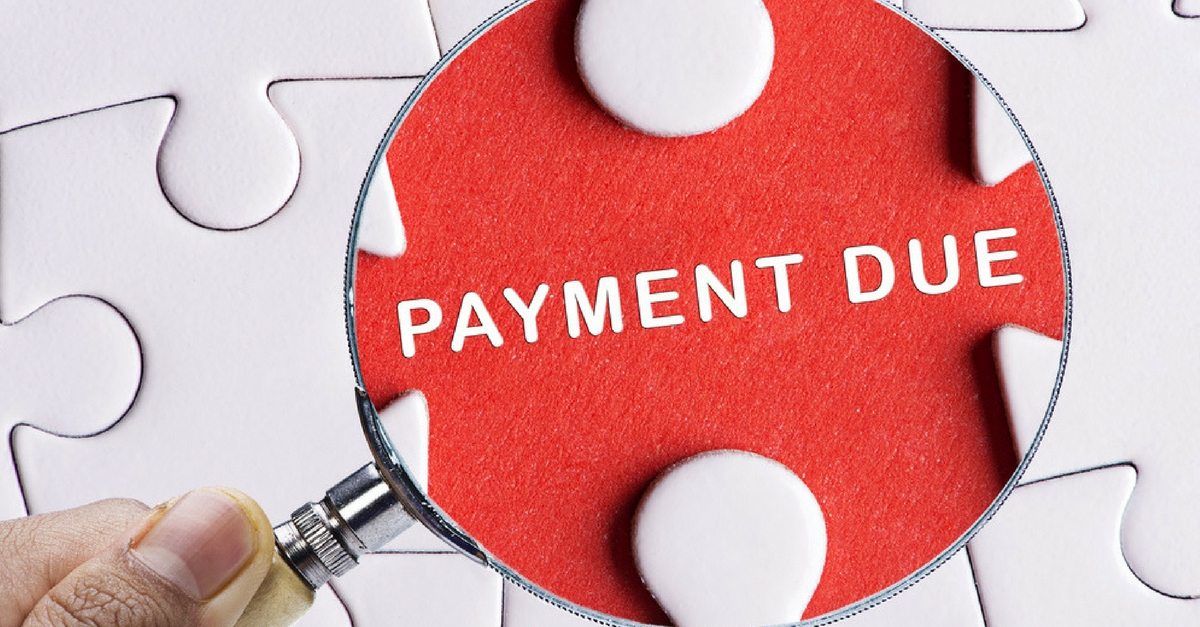
If you’re falling behind on mortgage payments you’re not alone. Many Canadian homeowners are struggling to pay their regular mortgage payment amid rising interest rates, mounting bills, and other financial strains. I’ll explain several effective mortgage relief options and strategies that can help you find the best way to keep your home.
Table of Contents
Mortgage Relief Options To Discuss With Your Lender
Falling behind on one or two payments might be fixed with a short-term deferral or a skip-payment arrangement—if you act quickly. Contact your lender as soon as possible to discuss potential loan modification options. Most would rather see you keep your home (and keep paying) than have you go into default and risk foreclosure.
Here are some options to discuss with your current mortgage lender:
Deferral or Skip-a-Payment
A mortgage payment deferral (or “skip-a-payment”) program lets you postpone payments for a limited time. Keep in mind that interest keeps accruing, so your mortgage balance will be higher once you resume normal payments.
Interest-Only or Reduced-Payment Periods
Some lenders allow you to make interest-only payments or pay a smaller amount for a set period. Lowering your monthly payment amount can free up cash short-term, but understand your mortgage principal won’t shrink during this time.
Amortization Extension
Amortization is the total length of time over which you pay off your mortgage in full – for example you may have a 20 year mortgage. When you extend your amortization period you spread out your remaining balance over more monthly payments. This will reduce each payment amount, which can bring relief if you’re struggling right now.
However, keep in mind that the longer you take to pay, the more interest you’ll end up paying overall.
Refinancing Solutions to Keep Your Home
High-interest credit card balances or personal loans can affect your ability to manage mortgage payments. Tackling unsecured debts through a consolidation loan or consumer proposal can improve your cash flow enough to afford your mortgage payments.
Consolidation Loan or Mortgage Refinance
You may be able to borrow against your home equity to pay off unsecured debts. This can reduce your overall interest rate if your mortgage rate is lower than credit card or personal loan rates. Your total monthly payment might drop, freeing up cash for your mortgage.
Options can include refinancing through a second mortgage or taking out a home equity line of credit. Be cautious, however, about taking on too high a loan-to-value ratio (a “high-ratio mortgage”), as this can lead to bigger problems if your financial situation worsens.
A secured debt consolidation loan is only a good alternative if you deal with all of your debts and can continue to afford to make all of the monthly payments. You do not want to choose a solution that will only put your home more at risk.
Debt Relief Through a Licensed Insolvency Trustee
If credit cards, payday loans and other debts are impacting your ability to afford your mortgage payments and you don’t qualify for any form of refinancing, a Licensed Insolvency Trustee can help you explore debt relief options:
- Consumer Proposal: An alternative to bankruptcy that allows you to reduce and consolidate unsecured debts (like credit cards or personal loans) into one manageable monthly payment. You can keep your home if you maintain mortgage payments.
- Bankruptcy: While it sounds scary, filing for bankruptcy doesn’t automatically mean losing your home. If you can cover any equity in your property through your bankruptcy payments—or if your equity is within provincial exemption limits—you may be able to continue living in your home.
Deciding to Sell or Downsize
Sometimes, despite your best efforts, housing costs are simply too high. Selling the home might be the best path to a healthier budget:
- Protect Equity: If your home has appreciated, selling before further missed payments or foreclosure proceedings can help preserve any equity as you move into more affordable living arrangement.
- Covering a Shortfall: If you owe more on your mortgage than what the house can sell for, the mortgage shortfall is considered unsecured debt—one that can be dealt with in a consumer proposal or bankruptcy.
- Temporary Rental: Renting for a year or two can give you breathing room to stabilize your finances, pay off other debts, and eventually buy again from a stronger position.
Take Action: Get Help to Keep Your Home
The worst thing you can do is ignore missed mortgage payments. Ultimately, if payments remain unpaid and no agreement is reached, your mortgage lender can initiate foreclosure or power-of-sale proceedings. They may take possession of your home and sell it to recover what’s owed.
You don’t have to risk your home because of unsecured debt and problems keeping up with your mortgage. Talk with an experienced Licensed Insolvency Trustee about the best options based on your individual circumstances. Contact us today for a free consultation.





